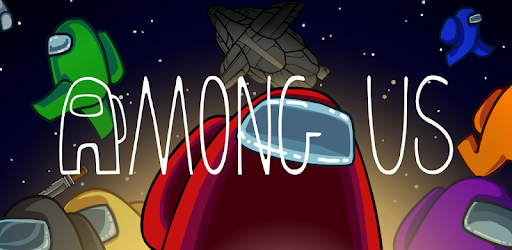

She invited the entire school to her birthday. When someone is “extra”, it means they are unnecessarily dramatic, excessive, over the top or a “drama queen”. When something is very good, enjoyable, or exciting, you can say it’s “lit”.ĭude, the party last night was lit! Where were you? Extra Here are some of the most common slang words used in the English language today: Lit So get ready to hear new meanings for words you thought you knew and prepare for heavy eye-rolling every time you’ll use your newly acquired lingo around teens. But TBH (To Be Honest), once you get the hang of it and realize how relatable and fun it is, it becomes quite addictive to use in daily conversations.
#Common lingo meaning code
Does Gen Z slang sometimes look like some secret unbreakable code to you? Well, you are not alone.
/blackboard_lingo-58b9a4765f9b58af5c826aa1.jpg)
Its origins can be traced back to the early 16th century, when it was used as a specialized vocabulary employed by various groups, including criminals, sailors, and beggars. The use of slang has transformed significantly throughout history. This will help you figure out their importance and why all new generations have them.

Why? ‘Cause we’re about to absolutely slay this list of popular slang words! But first, let’s talk briefly about the history behind English slang terms. Whether you millennial desperately trying to stay cool – like me –, a Gen X-er striving to understand the new generations, or a baby boomer who wants to be the GOAT (Greatest Of All Time) grandpa or grandma, you’ve come to the right place.

Thus, it’s important to know English slang words because they bring us closer and while also enriching the language. In this situation, as Eric Partridge observes, slang changes its objective of being limited to a certain group to easing social intercourse and to reducing the solemnity, pomposity, and excessive seriousness of a conversation. For instance, almost every native English speaker knows that to be “filthy rich” doesn’t mean to be dirty, but to have a lot of money. Isn’t that great evidence of how creative people can be? Regardless of their social status or intentions.īut besides being understood only within a particular group, slang can also be general. Just think about how criminals started using slang so police or other people who are not in their crime circle would not understand what they are saying. It may be indecent, colorful, or obscene, but slang is a crucial part of any language. Praised be the mighty internet for slang dictionaries! Why is it important to learn English slang words? For example, the slang words and phrases we are going to talk about today are defining for two generations known as “millennials” and “gen z” – but mostly “gen z” because – let’s face it – today’s teenagers have come up with tons of new slang terms that even I, as a millennial, have trouble understanding. Popular English Slang Words and PhrasesĪccording to Oxford, “slang” is “a type of language consisting of words and phrases that are regarded as very informal, are more common in speech than writing, and are typically restricted to a particular context or group of people”.


 0 kommentar(er)
0 kommentar(er)
